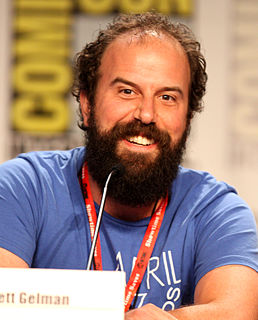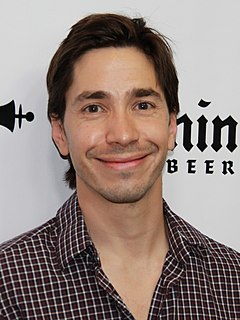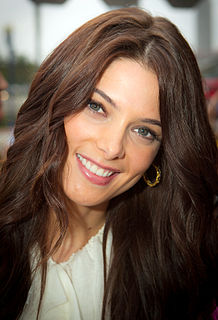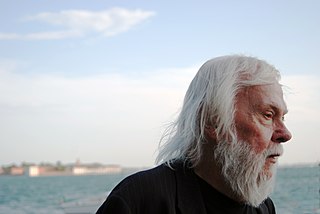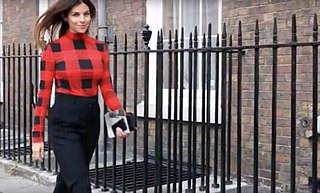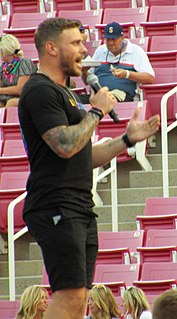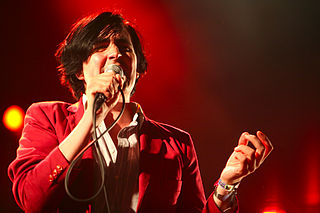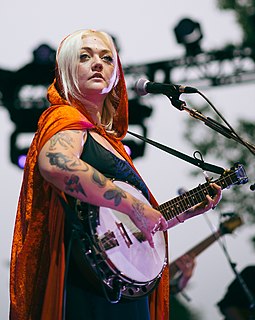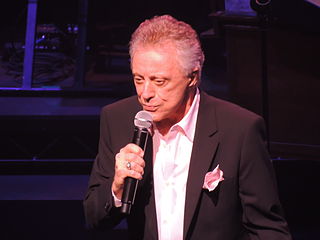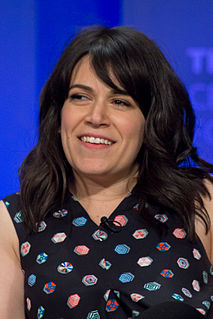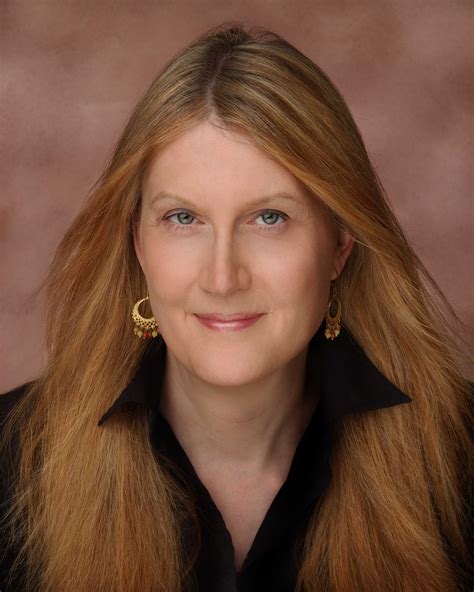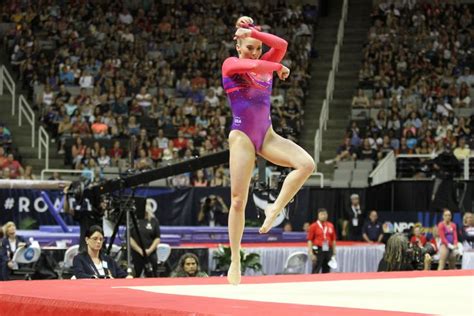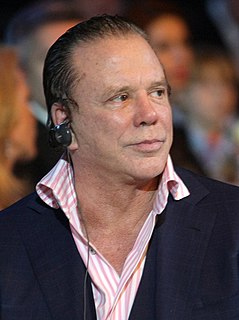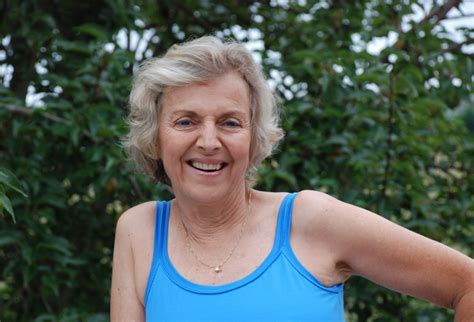A Quote by Brett Gelman
I think the thing that really started setting my career on the course that it's on is when I did '1000 Cats' on 'Funny or Die Presents' on HBO. That's what I feel like kind of got me a little bit more into the system.
Related Quotes
I never want to feel complacent, and I had started to, a little bit. I had started to feel like "I have this thing I can do, it's worked a few times," but not only does that get boring, but you feel stagnant and unproductive. So I was feeling a lack of creativity and motivation, so I started making a more conscious choice to grow personally. It wasn't even an image-conscious thing, like, "I don't want people to think this way about me." It was really just a way to keep myself energized and feel excited about this thing I love doing. Like I went to couples therapy or something.
Throughout the course [of Twilight], you get to see a little more of her vampiric side, because I think she's this vampire with a heart of gold and so that was kind of fun - to show her be a little tough and a little fierce, and to show that she has a little bit of a sassy side when she's dealing with the wolves or with Jacob. So I feel like I got to really round [Alice Cullen] out quite nicely.
I'm seeing myself as an outsider a little bit - definitely when I started the band. I knew what band's name meant and nobody else really did, so I'd be on stage every night and say, "Hello, we're Art Brut" - basically saying that we were rejects. But I mean, I didn't really sing, it did feel a bit like we were outsiders. It was a bit tongue-in-cheek when I first named the band that, but then we slowly turned into that - like a self-fulfilling prophecy.
I know there were periods of times where I didn't feel understood, and there were very few people around me that I felt like they really got me. There was one person who was sort of the one in my life that really got me.In general, I felt a little bit on the outside and not totally included. There was a period of time when we were moving around a lot. So I couldn't really hold on to a certain set of friends. And so that was a little bit difficult.
I feel like somebody who just got out of prison after 40 years for something she didn't do, like I got pardoned by the governor. When dear friends deal with me with mixed emotions, it is a little like being told, 'Well, Jenny, we're glad you got sprung, really, but quite honestly we did kind of like you better when you were in jail.
It's just so weird coming into the gym and not feeling like, you know, 'I'm going to die.' Before it was like, 'I've got to hit that routine or I'm going to get yelled at.' So it's just been really nice to kind of relax a little bit and be able to really focus on gymnastics and get to enjoy it more.
I started teaching yoga in 1974 in Colorado, I was living in Winter Park, and I started teaching skiers. At that point I was teaching more of the Sivananda system and just pushing it up a little bit to make it a little more rajasic a little more active, a little more physical. People would come, and feel great, and by the time I left Colorado in 1980 I'd taught pretty much everyone in town - the ski patrol, ski instructors, the bar owners.
